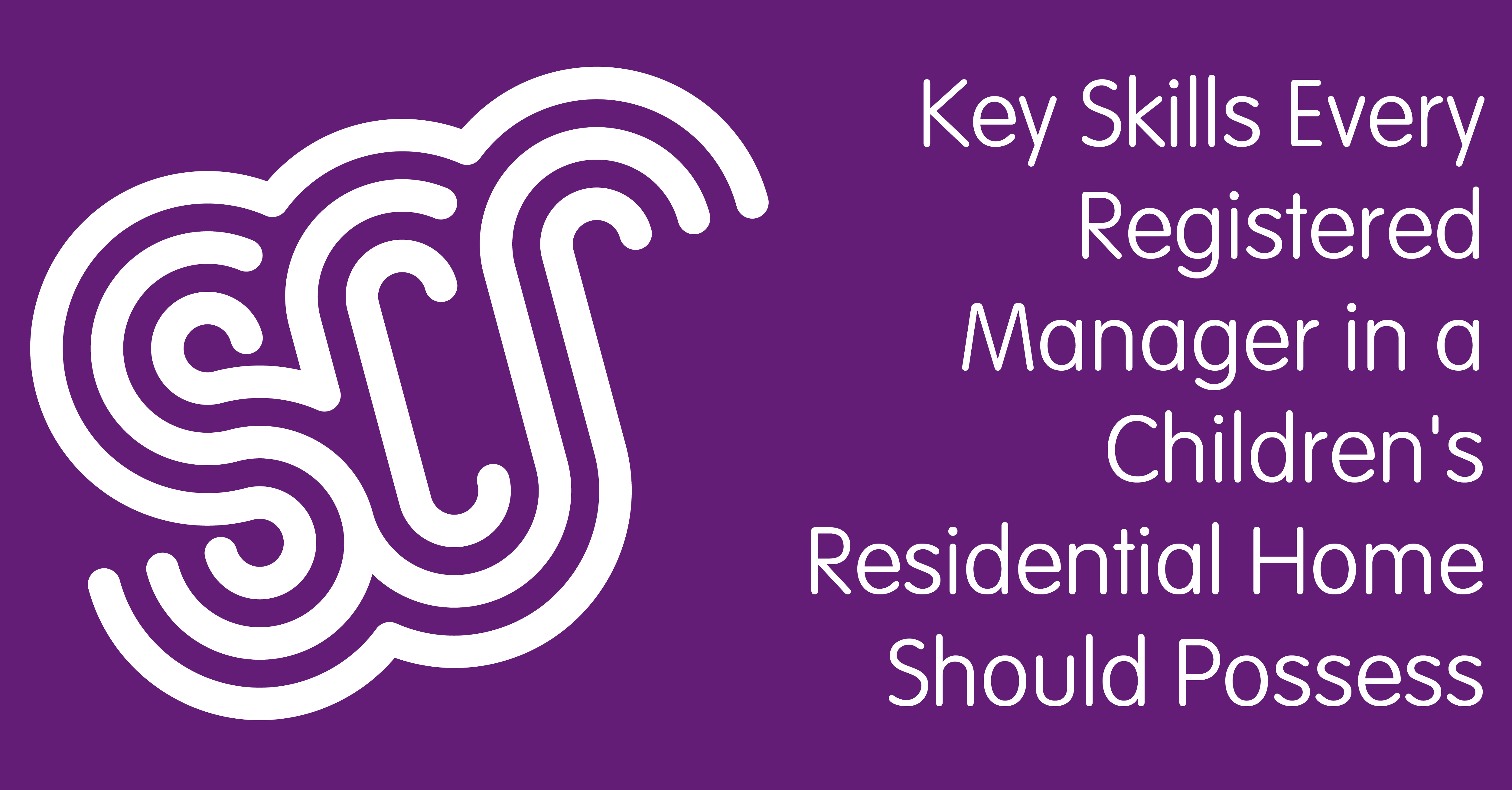
Key Skills Every Registered Manager in a Children’s Residential Home Should Possess
As a registered manager in a children’s residential home, possessing the right skills is crucial to unlock success in your role. With the well-being and development of vulnerable children depending on your expertise, it’s important to have a diverse skill set that goes beyond basic managerial abilities. In this article, we will explore the key skills every registered manager should possess to excel in their role.
From effective communication and leadership to a deep understanding of child development and safeguarding, these skills are essential in creating a safe and nurturing environment for children in residential care. Additionally, a successful registered manager must possess problem-solving skills and the ability to adapt to changing situations, ensuring that the unique needs of each child are met effectively.
By incorporating the right skills into your managerial toolkit, you can enhance the quality of care and positively impact the lives of the children you work with. So, let’s dive into the essential skills that will unlock your success as a registered manager in a children’s residential home.
Importance of key skills for registered managers
Registered managers play a pivotal role in ensuring the smooth operation and success of a children’s residential home. They are responsible for overseeing the care and well-being of the children, managing staff, and ensuring compliance with regulations and legislation. To fulfill these responsibilities effectively, registered managers must possess a range of key skills.
Leadership skills for registered managers
Leadership is a vital skill for registered managers as it sets the tone for the entire team. A successful registered manager inspires and motivates their staff, leading by example and fostering a positive work environment. Effective leadership involves clear communication, setting expectations, and providing guidance and support to staff members. It also requires the ability to make tough decisions, delegate tasks, and manage conflicts when they arise.
Communication Skills for Registered Managers
Effective communication is essential for registered managers to build strong relationships with both the children in their care and their staff. Clear and open communication ensures that everyone is on the same page and understands their roles and responsibilities. Registered managers must be skilled in active listening, providing feedback, and conveying information in a manner that is easily understood by all parties involved. Additionally, strong communication skills enable registered managers to liaise with external agencies, such as social services or healthcare professionals, for the benefit of the children.
Decision-Making and Problem-Solving Skills for Registered Managers
Registered managers often face complex and challenging situations that require quick and effective decision-making. They must be able to analyze information, consider various options, and make informed decisions that prioritize the well-being and safety of the children. Problem-solving skills are also crucial for registered managers to address issues as they arise, whether it’s resolving conflicts among staff members or finding alternative solutions to meet a child’s specific needs.
Knowledge of Regulations and Legislation for Registered Managers
Registered managers must have a deep understanding of the regulations and legislation that govern children’s residential homes. This includes knowledge of safeguarding procedures, child protection laws, and health and safety regulations. Staying up-to-date with the latest policies and guidelines ensures that registered managers can create a safe and compliant environment for the children in their care. It also involves maintaining accurate records and documentation to demonstrate adherence to regulatory requirements.
Managing Staff and Team-Building Skills for Registered Managers
A successful registered manager is not only responsible for the care of the children but also the management and development of their staff. This requires strong people management skills, including the ability to recruit, train, and supervise staff members effectively. Registered managers must create a cohesive team, fostering a culture of collaboration and continuous improvement. Building relationships based on trust and mutual respect is crucial to ensure a harmonious working environment that benefits both staff and children.
Safeguarding and Child Protection Skills for Registered Managers
Safeguarding and child protection are paramount in a children’s residential home. Registered managers must have a comprehensive understanding of safeguarding procedures and be able to identify and respond to signs of abuse or neglect. They must also ensure that staff members are trained to recognize potential risks and take appropriate action to protect the children. Registered managers play a vital role in creating a safe and nurturing environment where children can thrive.
Continuous Professional Development for Registered Managers
To excel in their role, registered managers should actively pursue continuous professional development. This involves staying informed about the latest research, best practices, and evolving regulations within the field of children’s residential care. Continuous learning enables registered managers to enhance their skills and knowledge, ensuring they are equipped to meet the changing needs of the children and provide the highest quality of care.
As a registered manager in a children’s residential home, you play a vital role in ensuring the success of the home and the well-being of the children. Possessing a diverse skill set that encompasses effective communication, decision-making, knowledge of regulations, staff management, safeguarding, and continuous professional development is essential.
By honing these skills, you create an environment that is safe, nurturing, and conducive to the growth and development of the children. Your ability to lead and inspire your team, advocate for the children’s rights, and adapt to changing circumstances sets the foundation for success.
Unlocking success as a registered manager in a children’s residential home requires ongoing dedication and a commitment to continuous improvement. By embracing these key skills, you can make a lasting impact on the lives of the vulnerable children in your care and contribute to their overall well-being and success.
If you want to get in touch with us you can Contact Us
